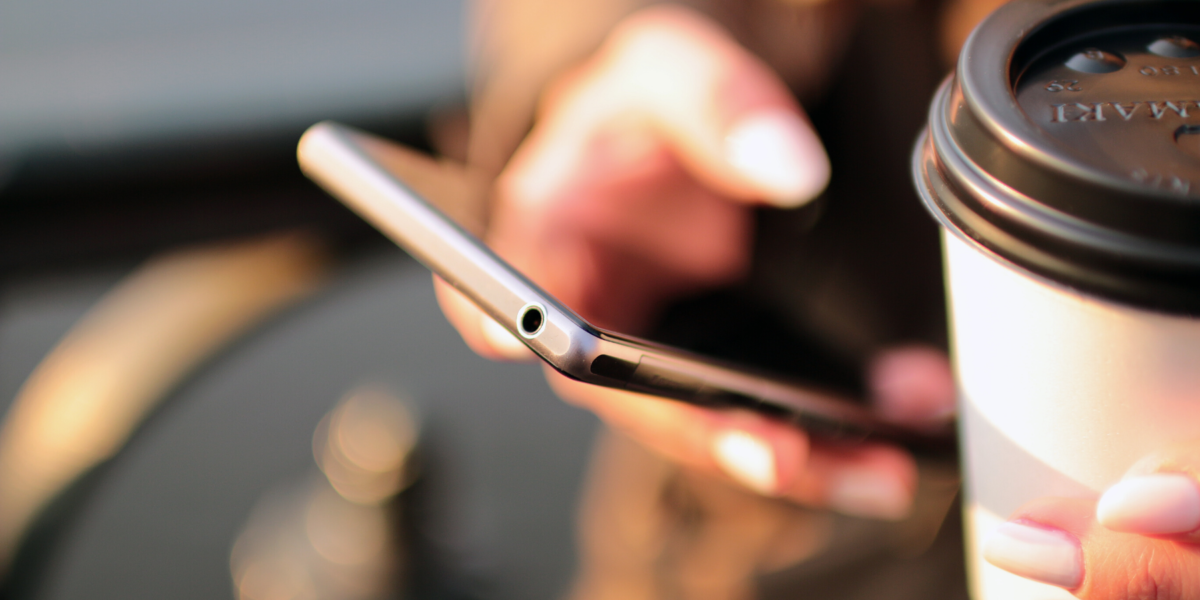As the co-owner of two small business, I understand and appreciate all of the challenges we face in normal times. And these are far from normal times. We worry about the health of our staffs and the health of our businesses. The rules that have always applied are being challenged, and we are forced to pivot quickly in order to keep everything together.
If you own a business that sells product to consumers, you know what I mean. Pre-COVID-19 it was about having appealing locations, attentive service, and adequate stock displays. We used advertising, social media, and other marketing techniques to drive traffic, and consumers stopped in to either browse or to buy. Businesses didn’t require having any kind of relationship with these consumers, because they could just re-tool with more advertising and marketing.
And that’s the biggest lesson learned – in order to survive during and after the COVID-19 crisis, businesses are going to have to invest in having digital, one-to-one relationships with their customers.
I love restaurants, and here in Detroit there is a group that has six unique bistros that are really outstanding. We’ve been customers of one of their restaurants for close to 30 years. Like all restaurants, they are now closed, and trying to promote curbside pickup. In the past week, they’ve shuttered two of their locations and we are in fear there could be more.
They are failing because they don’t know who I am. Sure, the wait staff greets us when we come in because of our longevity, but the company doesn’t know us. They have a weak email relationship with us, no mobile app, and no way to activate the thousands of customers who love their restaurants. If I didn’t drive by their restaurant and saw the sign about curbside pickup, I wouldn’t have known they are offering it.
And looking around, they aren’t alone. To my eye, the majority of local restaurants and retailers haven’t invested in developing digital relationships with their long-term customers and can’t activate them as shopping patterns radically change.
When things return to normal, every business needs to invest in three things (these are generalities – I’m sure there are other tactics that apply to specific groups):
- eCommerce – Online shopping and ordering for curbside pickup is going to be with us long after a cure is found for COVID-19. There is no guarantee people are going to flock back into stores when this is over. Online ordering + curbside pickup and/or home delivery might become the norm for all businesses (let’s face it, giants like Target and Wal-Mart were doing this before the crisis, and are perfectly positioned to serve customers during this disruption).
- Data & Database – How many businesses are like my restaurant, with long-term customers but no information on them? This transactional relationship has exposed a major weakness in their business model. Smart owners will immediately invest in requiring each customer to register for their email database and begin collecting information on them. And not just demographic data, but preferences, shopping patterns, etc.
- Invest In A Mobile App – While it’s obvious I would recommend this, how many businesses wish their app was on the home screen of all of their customers’ smartphones right now, empowering them to connect and shop while they are sitting around their homes right now? Imagine having push messaging capability, communicating with customers about specials, new services, and discount programs. Even businesses that didn’t have an eCommerce engine prior to COVID-19 could get one started now and build it up over time.
Like it or not, small and medium businesses compete every day with Amazon, Wal-Mart and Target. And while those companies can invest millions in their digital strategies, developing a digital relationships with customers doesn’t need to cost a fortune.
But the cost of not having a digital relationship with customers could.
We are here to help you make it through these troubling times.
Wishing all of you, your families, and your colleagues good health during these challenging times.
Paul Jacobs


